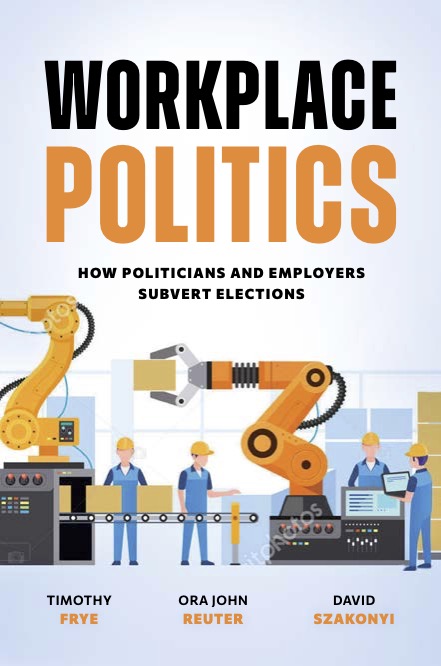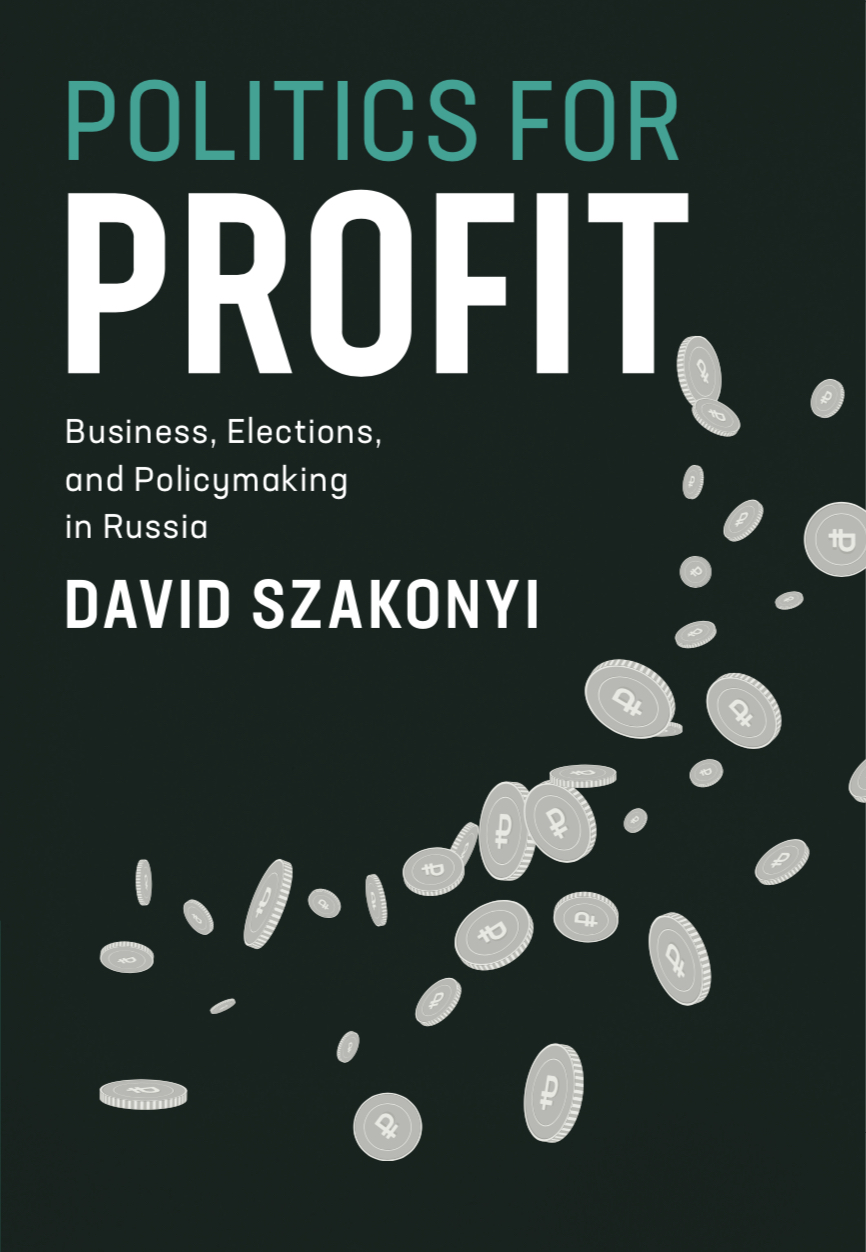UK property markets are thought to be a common destination for corrupt and criminal assets, who often invest through offshore shell companies. Following the Russian invasion of Ukraine in 2022, we study the impact of the introduction of a policy in the UK intended to eliminate the anonymous ownership of property by requiring offshore companies to file their beneficial owners on public register. We find that new purchases by companies based in tax havens fell substantially following government announcements that the policy would be introduced that year, and further declines following the establishment of a register of ownership. While the policy has effectively led the offshore market to slow, between £45–78 billion worth of UK real estate is still owned by companies based in tax havens, some of which have yet to comply with their reporting obligations. We do not find strong evidence of price effects nor substitution into ownership through suspicious domestic companies, although larger movements may manifest as firms respond finalization of the policy in January 2023.






